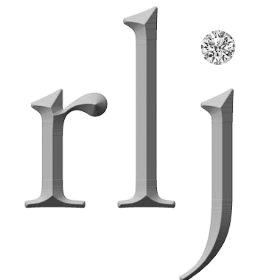Does My Diamond Need a Certificate?
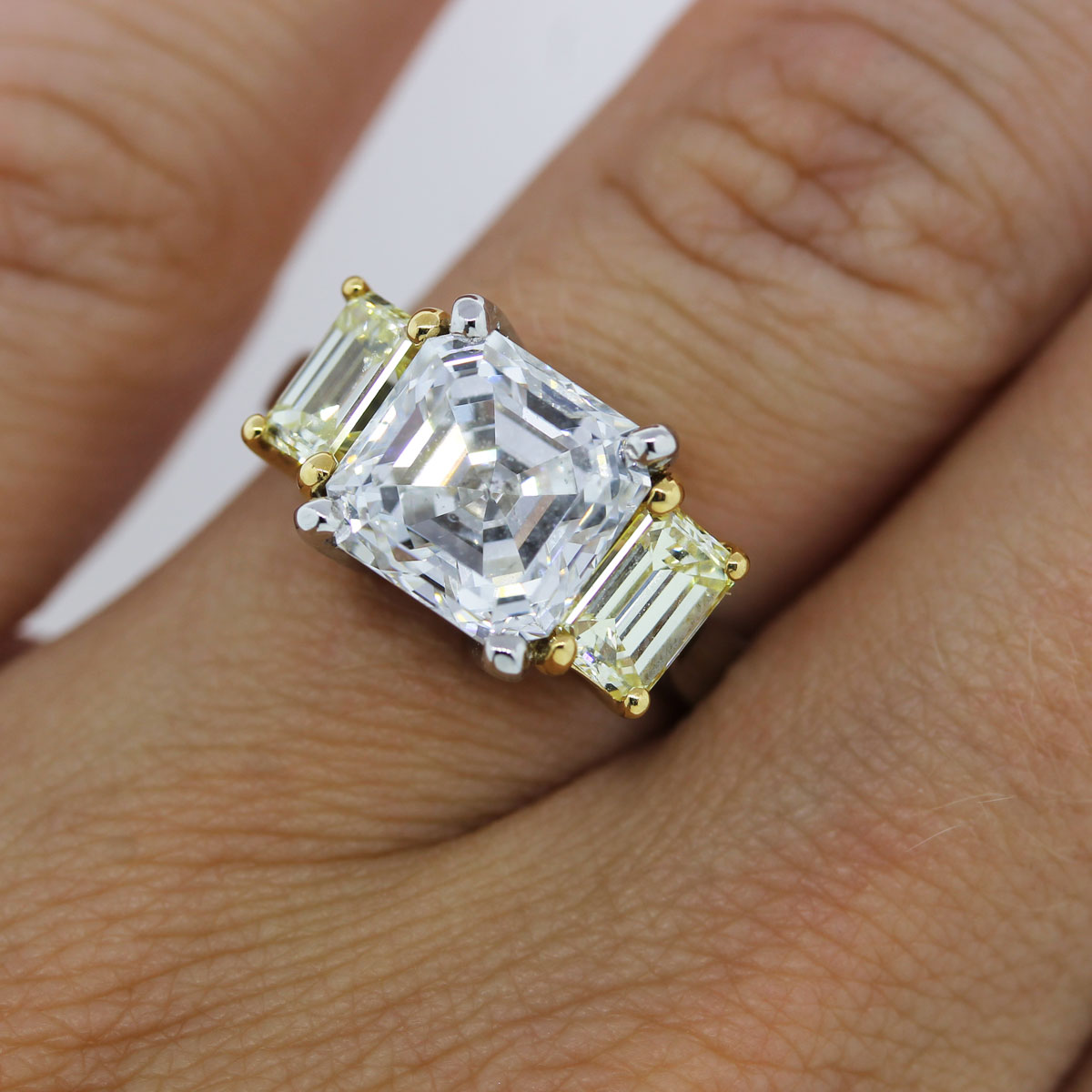
This week, we’ve covered each of the 4 C’s. It’s a little known, but important fact, however, that there are 5 C’s. The last one that most people don’t bother with is Certificate. And it doesn’t impact a diamond’s appearance like the other 4 C’s, but you can bet your bottom dollar it affects a diamond’s price – big time. And if you’re asking yourself “Does My Diamond Need a Certificate?” You’re asking the right question.
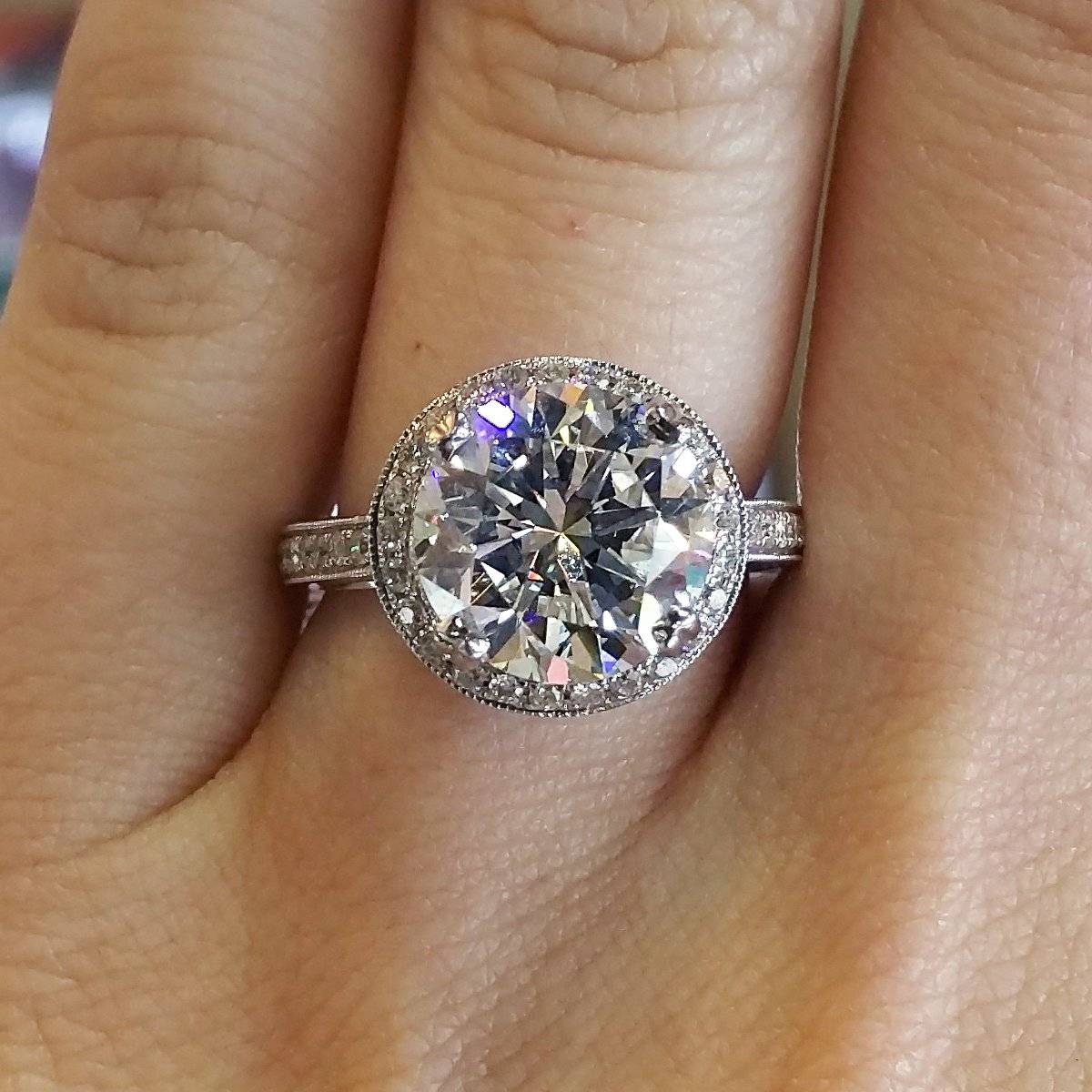
What is a diamond certificate? It’s a report card for your diamond, stating exactly what the diamond’s characteristics and specifications are. It guarantees you that what you see is what you are getting, and adds a layer of customer protection and confidence. If it’s from the aforementioned labs, it’s also a sign your jeweler is up front with you, by showing you independent grades from industry-respected third parties, rather than inventing their own brand of certificate. Be wary of stores that do this – wouldn’t you have loved to grade your own finals in college? And how lenient would you have been? Apply the same mindset to stores that grade their own diamonds.
Among diamond grading labs and their certificates, EGL and GIA are by far and away the leaders, and really only the respectable certificates you need be concerned with. Between the two, GIA is the industry gold standard.
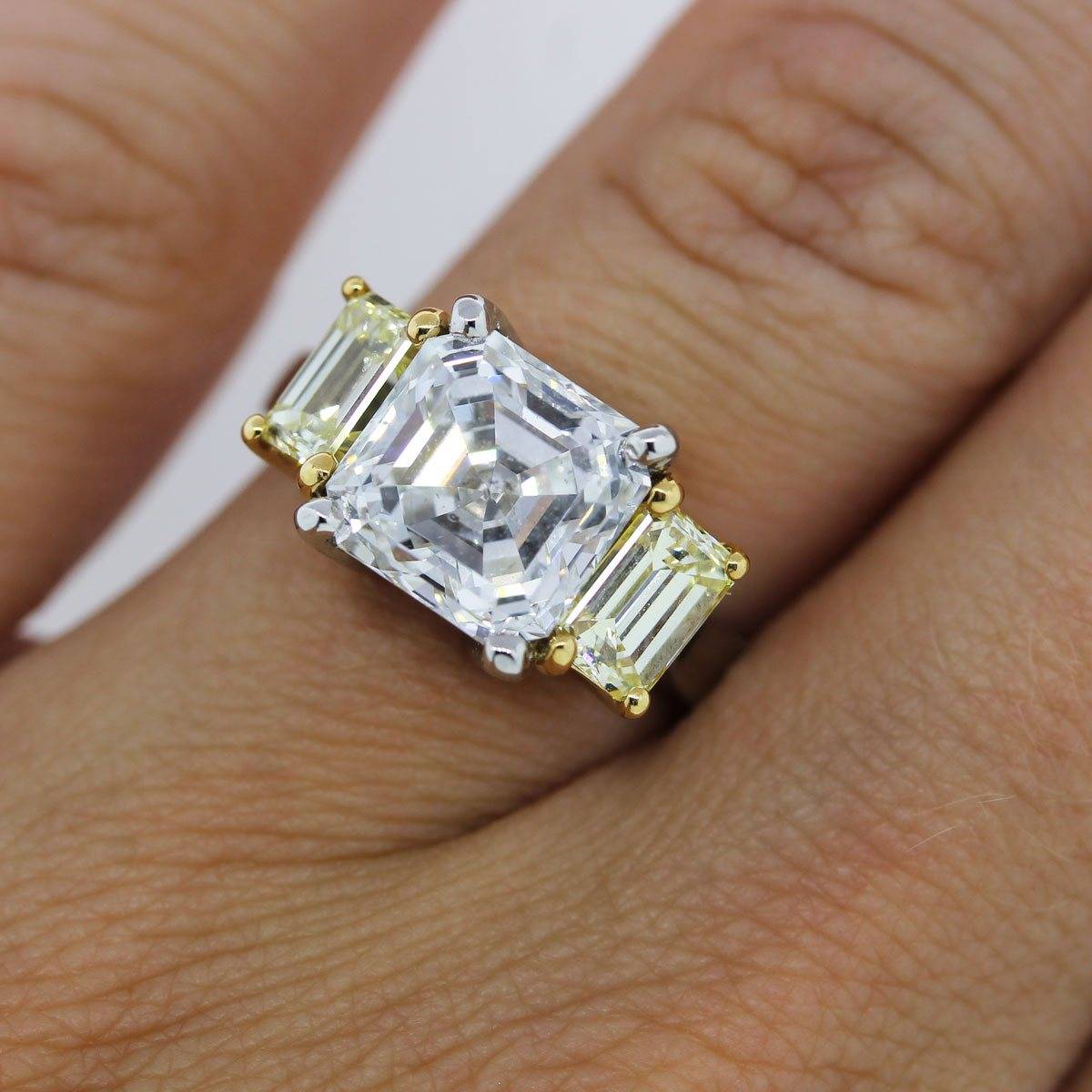
GIA’s grading criteria are the most consistent, their standards the most stringent, and their gemologists the most widely respected. Whether your diamond was certified at a GIA lab in New York or in Tokyo, you can expect to receive identical grading reports. The most prominent and expensive diamonds in the world are more often than not certified by GIA.
EGL is also widely respected for their integrity, though their grading labs differ in stringency. A diamond graded in one of their labs may score a different report if evaluated by a lab in another country. They are still a trustworthy lab, and help make sure that you know exactly what you are purchasing.
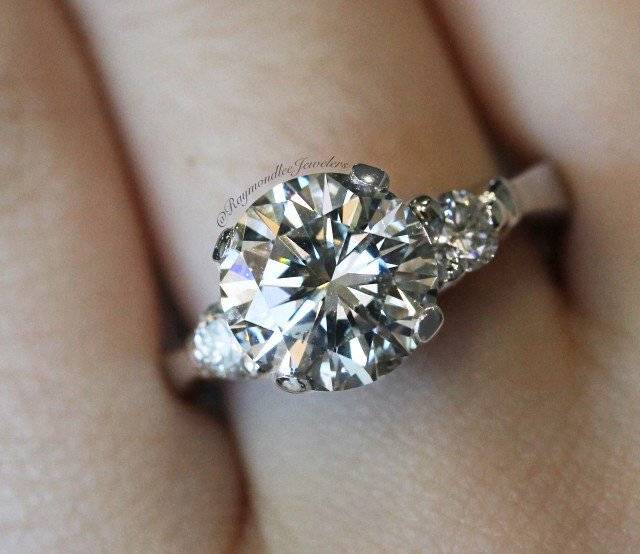
And what about uncertified diamonds? Well, they’re neither better nor worse than a certified diamond. When purchasing uncertified, you’re trusting your jeweler is honest with you, and about their product. If you’ve purchased diamonds before, or you’ve done extensive research before shopping, you may very well feel confident enough to choose your own uncertified diamond.
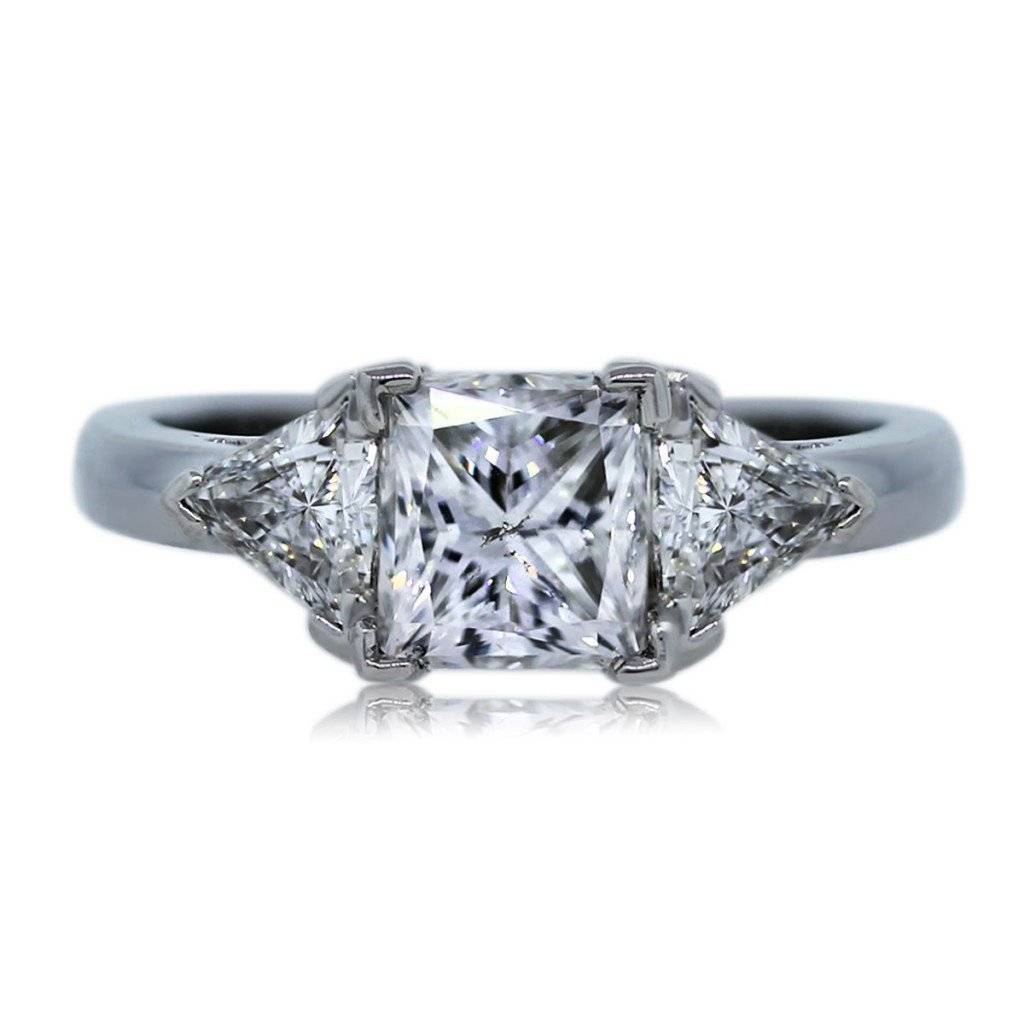
Also bear in mind that a certified diamond isn’t always the better diamond. A certificate just means you get what you see (and what you pay for.) But if you put two 1.5 carat round brilliant diamonds next to one another, one with a GIA certificate saying it’s a J color, VS1 clarity and the other with your jeweler’s grade of E, VVS2, you’ll clearly be able to spot the better diamond.
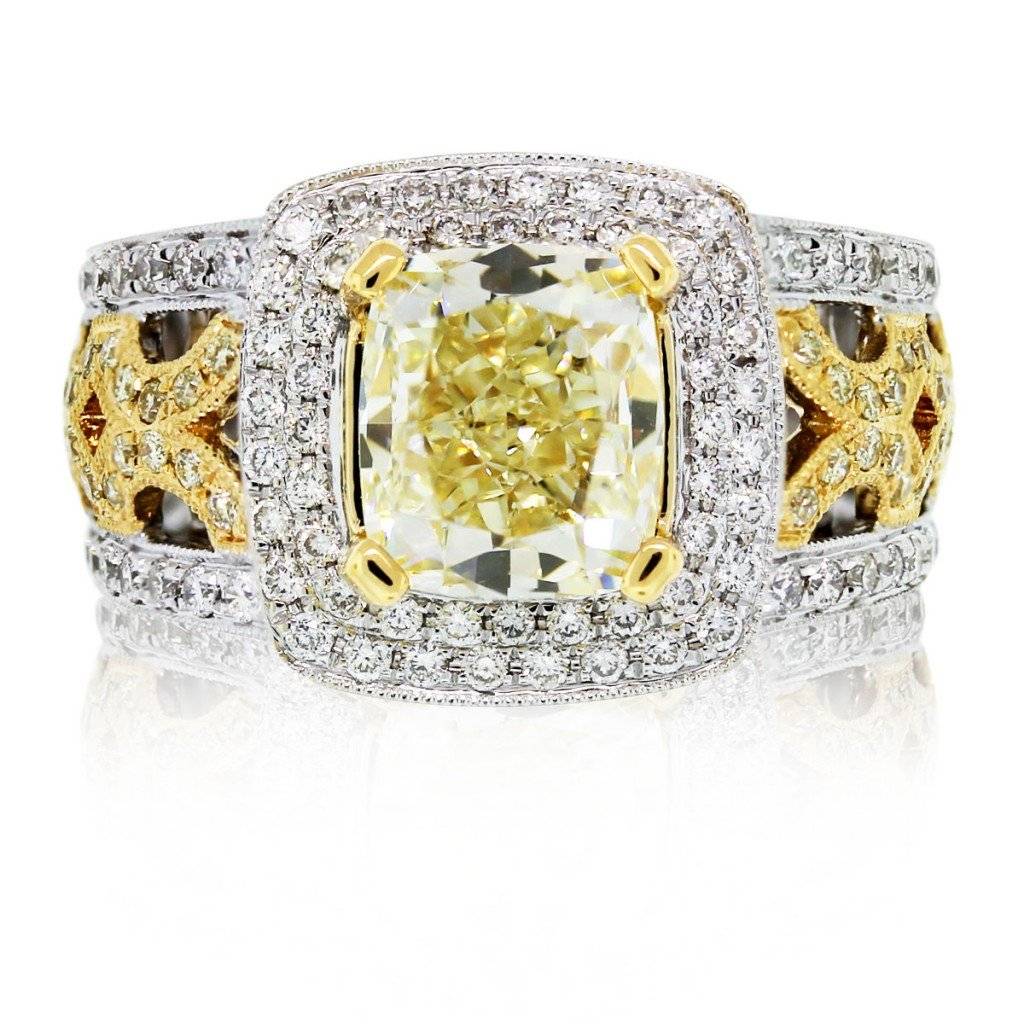
You’ll also notice a slight price increase. GIA certified diamonds are more expensive than EGL diamonds of the same specifications, which are more expensive than entirely uncertified diamonds.
So, does your diamond need a certificate? Yes, if:
- You want the consumer confidence
- You’re shopping online
- You’re purchasing the diamond as an investment
- You’re purchasing a large/important diamond
Probably If:
- You’re a first time diamond buyer
- You’re purchasing from a jeweler you don’t know very well
- You’re shopping at a mass retailer (remember – the store brand certificates don’t count!)
- You’d consider having an uncertified diamond graded at a later date (it’s less expensive to buy a pre-graded one from your jeweler.)
No If:
- You’re a seasoned diamond shopper
- Or your shopping buddy was ever in the business
- You’ve done extensive research, and can spot differences between diamond grades
- You’re shopping with your lifelong or family jeweler
- You’re confident you can save a few thousand by trusting your expertise and shopping uncertified.
